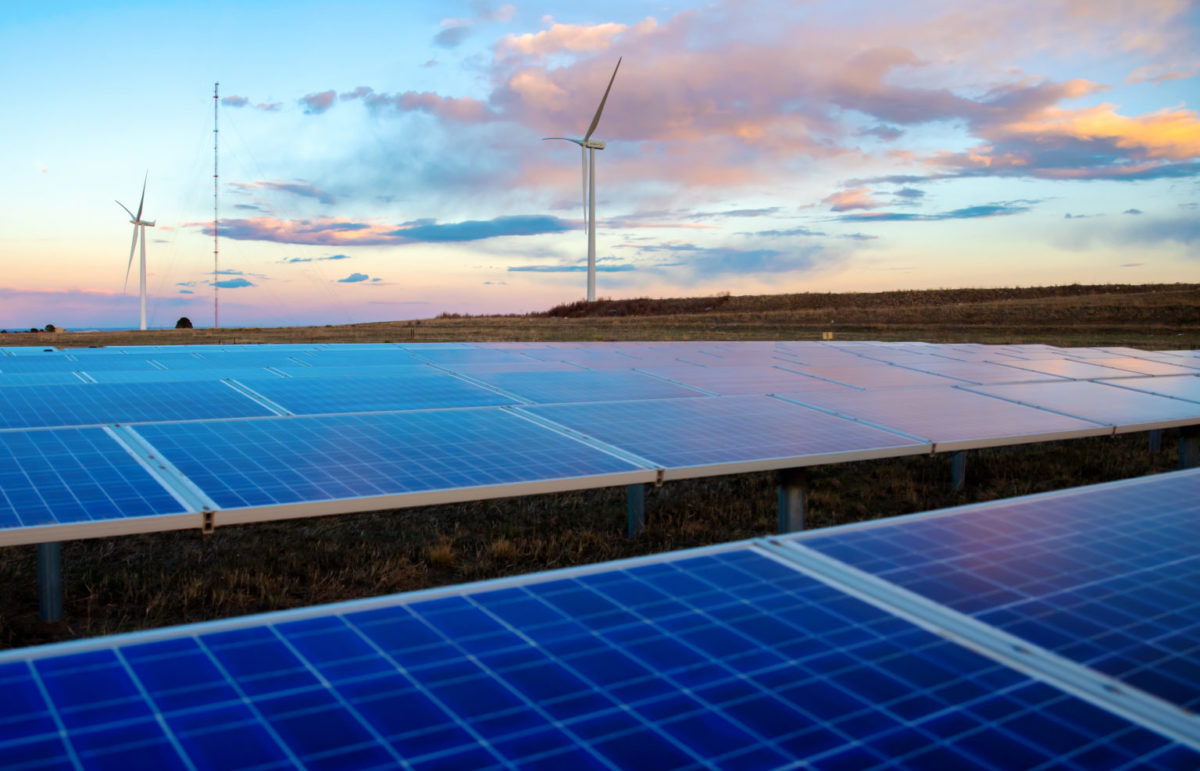From pv magazine USA
A team of researchers at the National Renewable Energy Laboratory (NREL) and the Electric Power Research Institute are testing solar panels by blasting sound waves at them.
The team said it is working to understand the effect of small cracks in a solar module, and how they may cause power losses over time. On windy days, modules can bend and flex, which can help to wear down cracked modules.
Prevailing reliability tests were evaluated by computer modeling, and it was found that current methods for simulating wind-related bending were too aggressive to match real-world scenarios. The researchers needed a new model for testing wind-related bend, and turned to subwoofers as a research tool.
The team strapped panels into wooden frames and blasted loud bass rhythms at the modules. This caused them to bend and flex as if they were being pushed by high winds. The bass was played at infrasonic levels, which are frequencies that the human ear is not able to detect. As a result, years of vibration and flexing may be tested in a few hours or days.
Popular content
The test was supported by DuraMAT, short for Durable Module Materials, a consortium that seeks to develop, de-risk, and enable the commercialization of new materials and designs for PV modules.
A group of researchers led by the University of Utah (UU) in the United States presented this year a technique to isolate individual sources of electrical ‘noise’ within a solar cell. Comparing the technique to being able to pick out a single voice within a 200-person choir, they say the technique will help to improve understanding of where efficiency losses occur within a cell, and effective ways to mitigate them.
The group applied its technique to silicon heterojunction cells, and was able to identify several key areas within the cell where noise was generated and further research could lead to better efficiencies.
This content is protected by copyright and may not be reused. If you want to cooperate with us and would like to reuse some of our content, please contact: editors@pv-magazine.com.



By submitting this form you agree to pv magazine using your data for the purposes of publishing your comment.
Your personal data will only be disclosed or otherwise transmitted to third parties for the purposes of spam filtering or if this is necessary for technical maintenance of the website. Any other transfer to third parties will not take place unless this is justified on the basis of applicable data protection regulations or if pv magazine is legally obliged to do so.
You may revoke this consent at any time with effect for the future, in which case your personal data will be deleted immediately. Otherwise, your data will be deleted if pv magazine has processed your request or the purpose of data storage is fulfilled.
Further information on data privacy can be found in our Data Protection Policy.